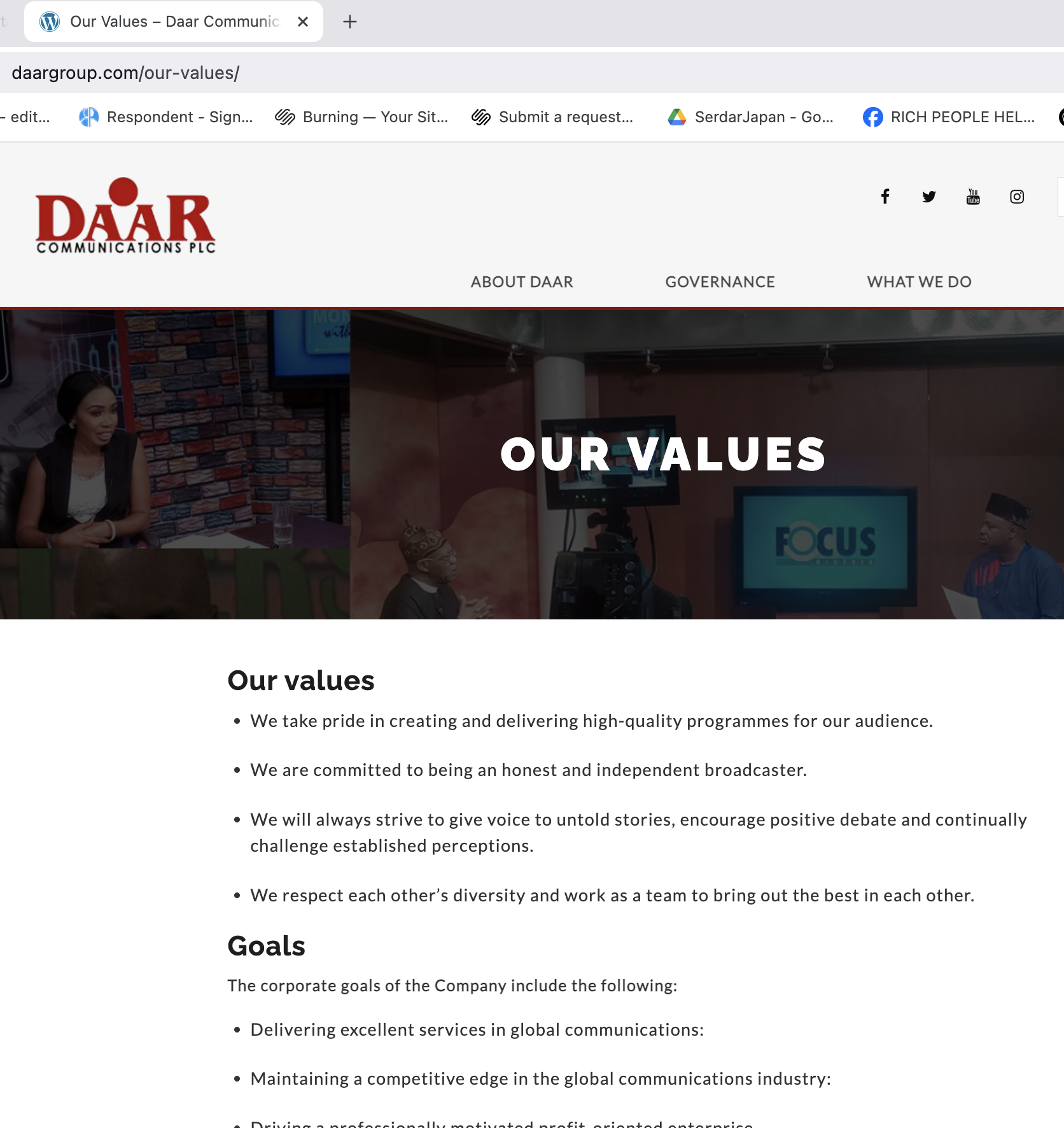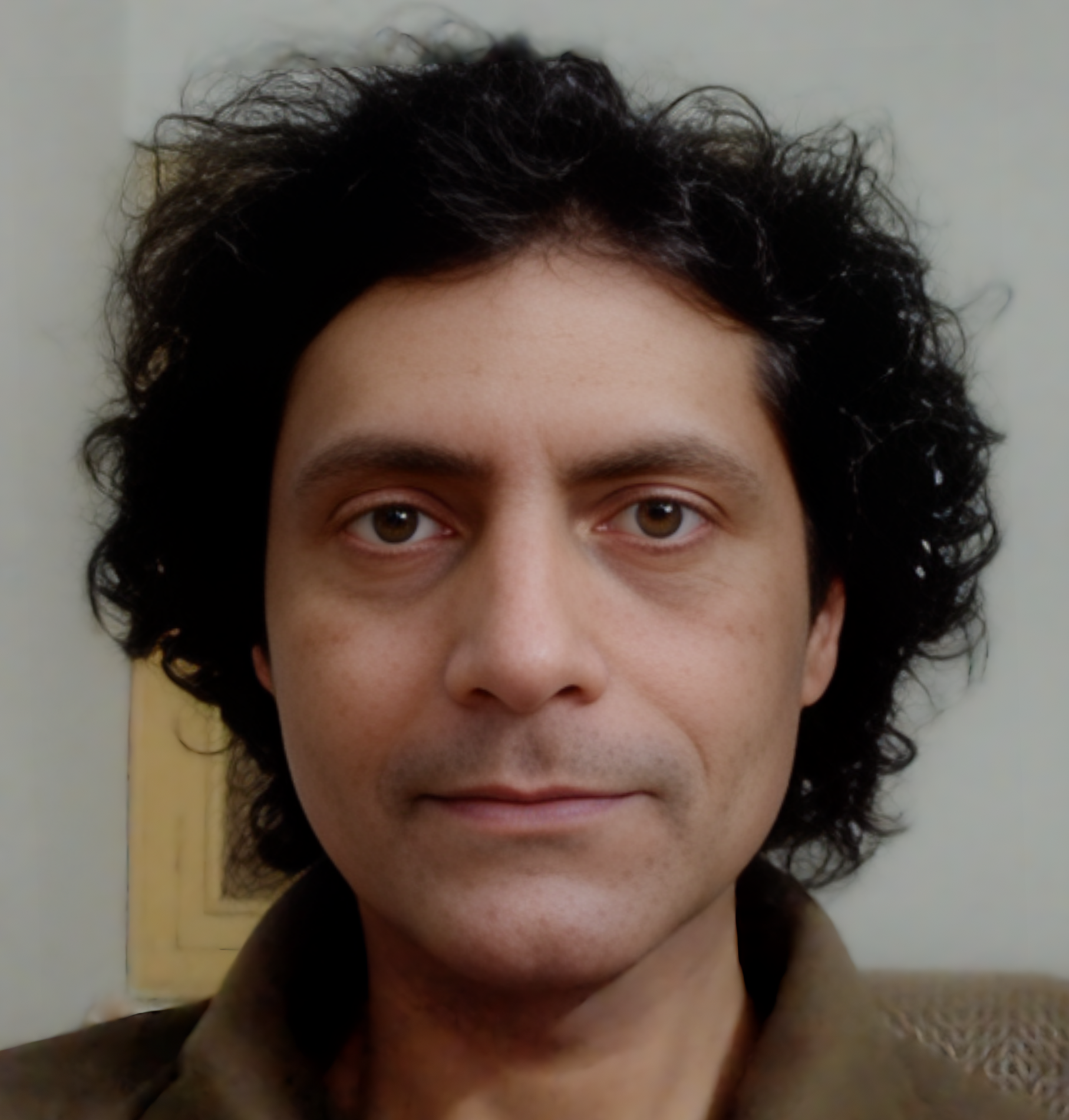TV station put huge price tag on Nigerian hero’s fight against witch hunts
by Dr. Piyush Mathur
A Nigerian human rights advocate has alleged that a leading television station in Abuja demanded a fee of 1.8 million naira for him to appear on air to speak about witch persecution and ritual attacks—issues he says are often ignored or sensationalised by the media.
This is a screenshot of Dr. Leo Igwe’s Facebook post dated April 21, 2025.
Dr. Leo Igwe, a prominent campaigner against abuses linked to witchcraft accusations, shared the revelation in a Facebook post on 22 April, stating the following: ‘A television station in Abuja said I needed to pay 1.8m naira to come on air to discuss witch persecution and ritual attacks.’
In a follow-up message to Thoughtfox via LinkedIn, Igwe identified the broadcaster as African Independent Television (AIT), a private entity owned by Daar Communications. He explained that he had contacted AIT’s Abuja station on 21 April 2025 to request a slot on their flagship morning show Kaakaki, only to be told that airtime would cost him up to 1.8 million naira (approx. £1,000 GBP).
‘I was shocked’, Igwe wrote to Thoughtfox. ‘I made the [Facebook] post to highlight my lack of comprehension, the challenges and costs of combating abuses linked to witchcraft beliefs and ritual attacks. In most cases, we pay for radio, TV, press media appearances.’ Daar Communications, on its part, lists ‘being an honest and independent broadcaster’ as one of its core values, promising that it ‘will always strive to give voice to untold stories, encourage positive debate and continually challenge established perceptions.’
Igwe has long worked to expose and challenge the dangers of witchcraft accusations, especially against vulnerable individuals including children, the elderly, and women. He is the founder of the Advocacy for Alleged Witches, a group that documents and resists such abuse across Nigeria and beyond.
This is a partial screenshot of Daar Communication’s stated values, at least two of which its AIT Abuja station appears to have violated in asking Dr. Leo Igwe, per his allegation, for 1.8 million naira to get airtime as a social commentator.
His frustration also seems to stem from the nature of the media economy in Nigeria. ‘The sad thing is that nobody pays these media organisations to report cases of ritual attacks, of witch hunting, and alleged “witches crash-landing” while returning from the covens, turning into owls, cats or dogs.’
In Nigeria, belief in witchcraft and ritual practices remains widespread, particularly in rural communities; under this belief, people tend to carry out attacks on those suspected of doing damage to them or the community via spalls and magic. Campaigners like Igwe have consistently called for spreading awareness among the people that these beliefs are not based in fact—and that people accused of, and attacked for, practicing witchcraft should be protected.
As Nigeria’s battle against belief-driven violence continues, Igwe’s experience raises hard questions about whose voices get heard—and at what cost.
Given that Daar Communications does not have a general email address displayed on its website (which also mentions its preference for phone calls rather than emails), Thoughtfox has sent a query to its corporate email address, seeking an explanation for the exorbitant monetary demand made of Igwe as a fee for granting him airtime on its Abuja station.
A July 2024 interview of Igwe with Thoughtfox can be accessed here.
Dr. Piyush Mathur, the author of Technological forms and ecological communication: a theoretical heuristic (Lexington Books, 2017), has taught Communication at the American University of Nigeria. He has previously published in Asia Times Online, Himal Southasian, Acres USA, Earth Island Journal, and several academic journals.
To post comments on this report, please use the comments section below; if you wish to contact Thoughtfox, click here.



